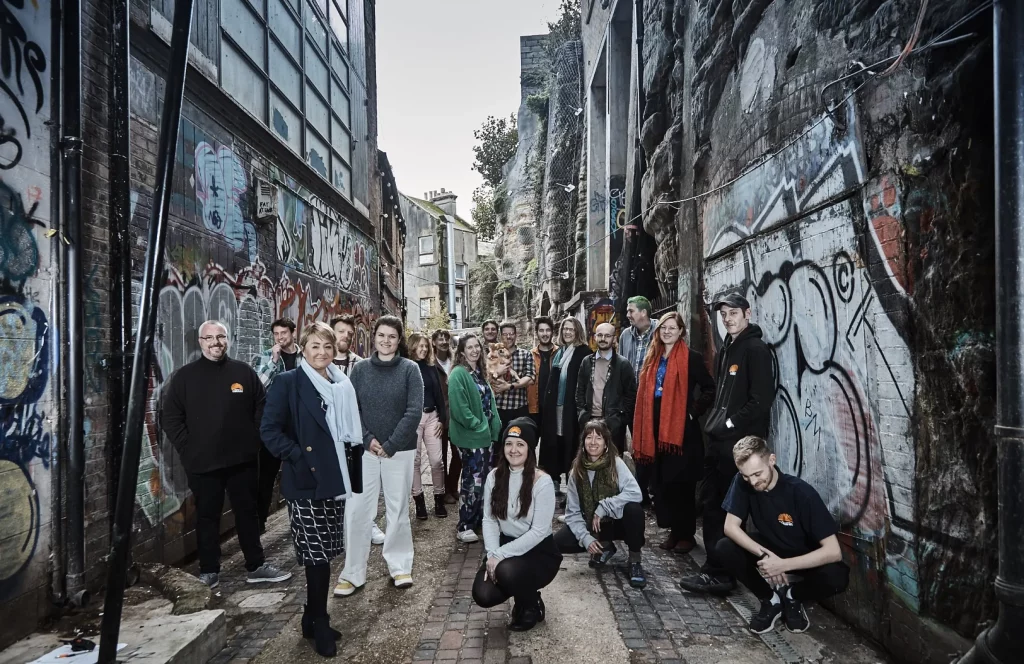In the rural Sierra Norte de Puebla region of Mexico, many Indigenous families live in poverty, in unsafe homes made of tin, wood, or cardboard. The Indigenous People Building Their Homes project began in 2009 to help these families build safe, affordable, and sustainable housing. It was led by Centro Operacional de Vivienda y Poblamiento A.C (CIUDEMAC) and COPEVI, with support from NGOs, local communities, and the Mexican government.
The project helps families build their own homes using local materials like earth, wood, and stone, while preserving traditional building methods. Families contribute their own labour and materials (“social financing”), which is combined with government housing subsidies. Each house costs about $6,150, with residents contributing work and small funds. So far, 428 houses have been built, benefiting over 3,000 people in 16 Indigenous communities.
Homes are designed to be eco-friendly and include features like rainwater collection, fuel-efficient stoves, and composting toilets. The project also promotes reforestation and care for the environment. It encourages community leadership, especially among women and youth, and has created jobs and small local businesses.
This community-led approach has improved living conditions, health, and safety while reducing reliance on debt or outside aid. It has helped influence public housing policy to recognize the needs of Indigenous and rural communities. COPEVI is now expanding this model to other regions in Mexico, including Oaxaca, with growing interest from other grassroots groups.
Overall, the project proves that with the right support, poor and marginalised communities can build safe, healthy, and sustainable homes—on their own terms.


















